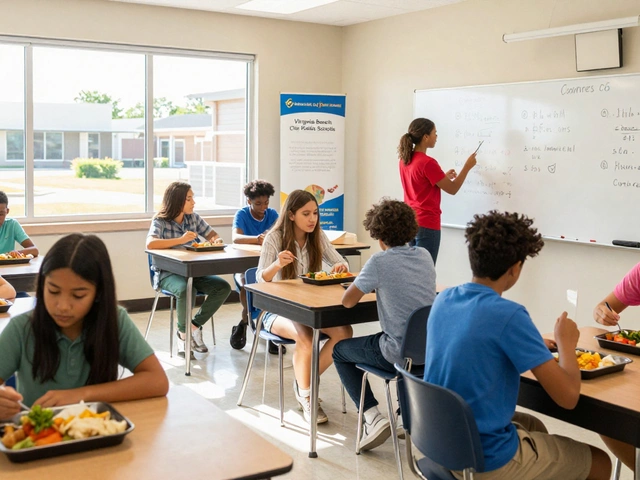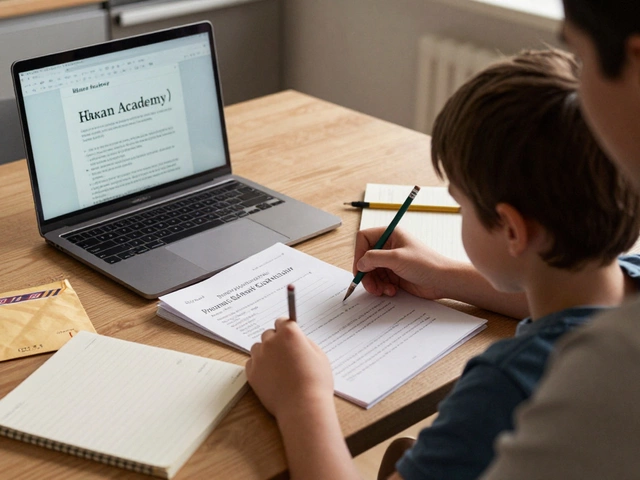Learning Tips You Can Use Right Now
Everybody wants to learn faster and remember more, but the tricks that work are often simple. Below are real‑world tips you can start using today, whether you’re a teenager studying for exams, a teacher planning lessons, or an adult picking up a new skill.
Boost Memory with One Small Change
Instead of trying to cram a whole chapter, break it into bite‑size chunks and test yourself after each chunk. A quick self‑quiz forces your brain to retrieve the information, which makes the memory stronger. You don’t need fancy flashcards – a sheet of paper and a few minutes of writing the answer works just as well.
Make Study Sessions Work for You
Most people think longer study time equals better results, but research shows 25‑minute focused bursts followed by a 5‑minute break keep attention sharp. Set a timer, work on a single task, then stand up, stretch, or grab a drink. This “Pomodoro” rhythm beats marathon sessions that leave you drained.
If you’re teaching, try the same idea in the classroom. Use a short, lively activity, pause for a quick discussion, then move on. Kids (and adults) stay engaged when the pace changes.
For adult learners, connect new material to something you already know. When you link a concept to a real‑world problem you’ve faced, the idea sticks faster because it has personal meaning.
Special needs students benefit from visual cues and clear, consistent routines. A simple picture schedule or color‑coded worksheet can reduce anxiety and help them focus on the lesson.
When you’re applying for scholarships, treat the application like a study plan. Break the requirements into steps, set mini‑deadlines, and review each part before moving on. This systematic approach prevents last‑minute stress and improves the quality of your answers.
Remember, consistency beats intensity. A ten‑minute review each day beats a three‑hour cram session once a month. Choose a time that fits your daily routine – morning coffee, lunch break, or before bed – and stick with it.
Finally, keep a short reflection log. After each study session, note what worked, what didn’t, and one thing you’ll try next time. Over weeks, you’ll see patterns and can fine‑tune your habits for better results.
These tips are easy to adopt, require no extra cost, and can be mixed to suit any learning style. Try a couple this week and watch your confidence grow.






